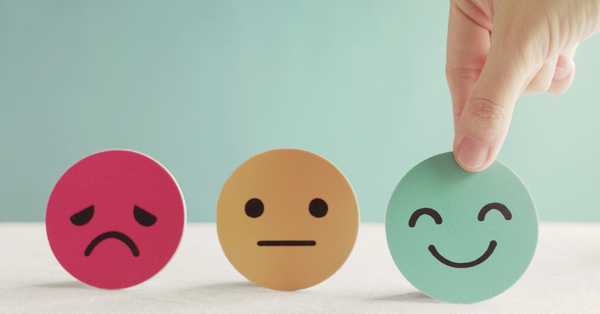Anxiety and Depression Support: Effective Strategies for Lasting Relief
Anxiety and depression support is crucial for the many people facing these common mental health challenges. Whether you're dealing with anxiety, depression, or both, the right support can lead to meaningful relief through today’s evidence-based treatments.
Anxiety and depression support is crucial for the many people facing these common mental health challenges. Whether you're dealing with anxiety, depression, or both, the right support can lead to meaningful relief through today’s evidence-based treatments.

Understanding Anxiety and Depression
Anxiety involves ongoing worry, fear, or tension that disrupts everyday life. Key forms include:
• Generalized Anxiety Disorder (GAD)
• Panic Disorder
• Social Anxiety
• Specific Phobias
Depression typically causes prolonged sadness, loss of interest in activities, and feelings of hopelessness. Major Depressive Disorder (MDD) is the most diagnosed form, but symptoms may differ widely from person to person.
Many individuals experience anxiety and depression together, which can amplify symptoms and complicate treatment. Integrated care is often necessary.
Effective Therapy Options
Psychotherapy, or talk therapy, is a cornerstone of treatment.
Cognitive Behavioral Therapy (CBT):
• Restructures negative thinking
• Teaches emotional coping techniques
• Proven to reduce anxiety and depressive episodes
Other popular therapies:
• Interpersonal Therapy (IPT)
• Mindfulness-Based Cognitive Therapy (MBCT)
• Dialectical Behavior Therapy (DBT)
• Acceptance and Commitment Therapy (ACT)
Therapy may take place one-on-one, in groups, or with family members.
Medications That Can Help
Medications can relieve severe or persistent symptoms, often used in combination with therapy.
Common options:
• SSRIs (e.g., Fluoxetine, Sertraline)
• SNRIs (e.g., Duloxetine, Venlafaxine)
• Atypical antidepressants (e.g., Bupropion, Mirtazapine)
• Anxiolytics or beta-blockers (for situational anxiety)
All medications should be managed under professional care to monitor progress and minimize side effects.
Lifestyle Habits That Support Healing
Small daily choices can reinforce formal treatment:
• Exercise: boosts mood-enhancing chemicals
• Balanced diet: supports brain function
• Sleep hygiene: crucial for emotional regulation
• Mindfulness practices: reduce anxiety triggers
• Positive social interaction: counteracts isolation
These habits may not replace therapy but provide important emotional stability.
Complementary Approaches
For added anxiety and depression support, some individuals explore holistic tools:
• Light therapy (for seasonal symptoms)
• Art or music therapy
• Herbal options (with doctor approval)
• Acupuncture or yoga
Used together with mainstream care, these can enhance well-being.
When to Seek Help
You should reach out to a healthcare provider if you experience:
• Symptoms lasting over two weeks
• Trouble working or maintaining relationships
• Panic attacks, insomnia, or fatigue
• Thoughts of self-harm
Getting help early can prevent symptoms from worsening and lead to a faster recovery.
Conclusion
Anxiety and depression support is more accessible than ever, and the path to healing starts with knowing your options. With the right mix of therapy, medication, healthy routines, and support, lasting relief is achievable. You’re not alone — and help is closer than you think.